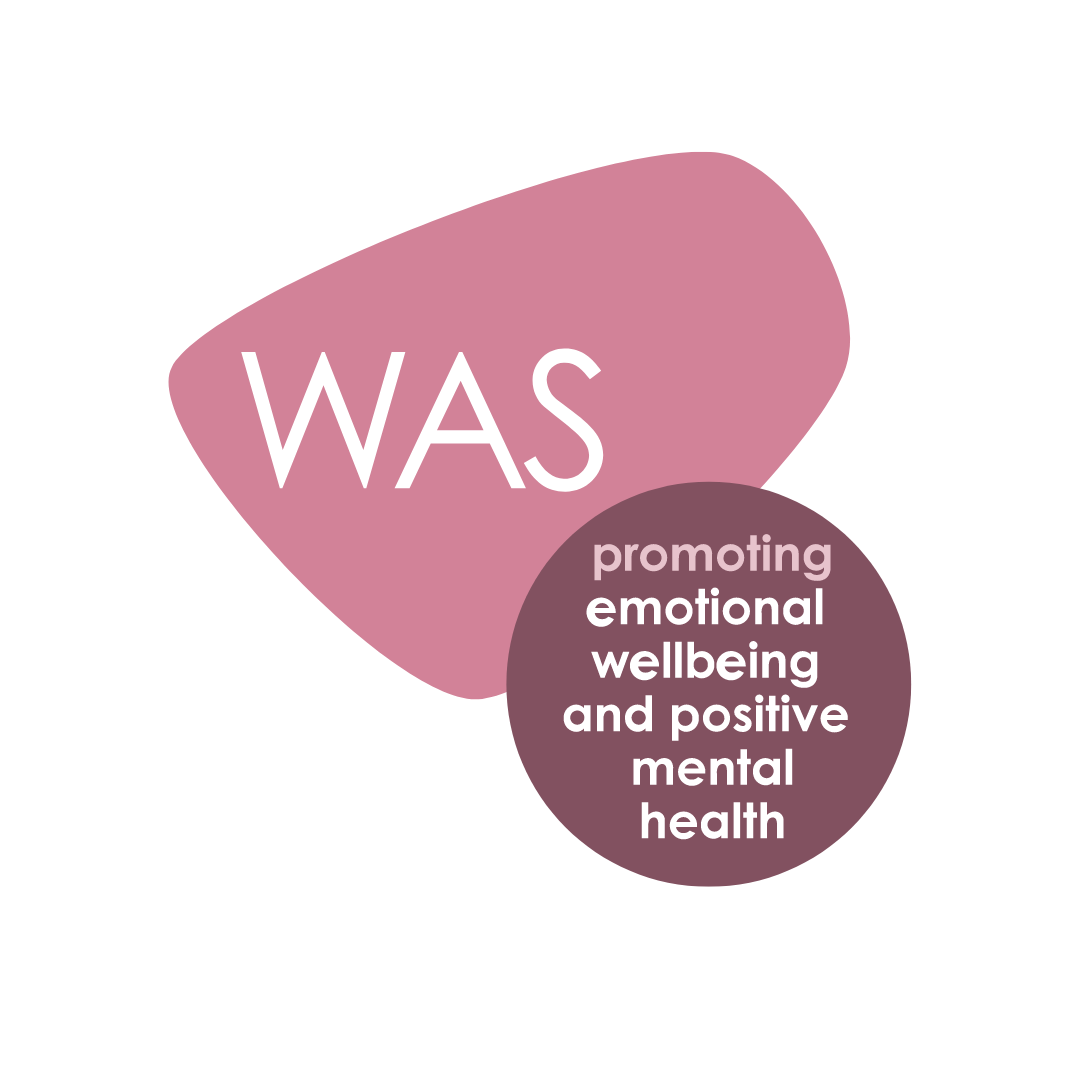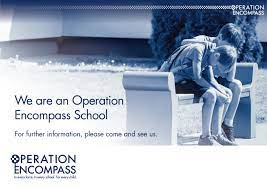Structures Bring Freedom and the Curse of Choice

Something happened today which triggered this article. It was quite minor, but it made me worried. A pupil, who was supposed to be boarding, decided at the last minute that they weren’t going to honour that choice and pulled out for no better reason than they didn’t want to do it. The knock on effects were that staff needed to change documents and plans, and other children who may have been looking forward to spending time with said pupil (indeed, they may have chosen to board because of this person’s presence) now would be let down. This was duly rubber stamped by the family at the eleventh hour. On the face of it, this is something that happens at all boarding schools from time to time. But, as stated, it worried me; and years ago, it would not have happened.
As a school leader, I have certain central tenets which I follow and employ as truisms. Having taught for over 25 years, these reference points have been proven by the test of time. Naturally, this is one person’s experience and there are always exceptions to any rule. However, one such truism that I am finding is more crucial now than ever before is this one: structure brings freedom. By giving pupils a clear and well-defined superstructure in all areas of life better allow them to see life’s patterns and gives them a contact for making decisions. A good metaphor for this is the way I teach pupils how to write a History essay. There are certain rules to follow: give a clear point and the start of the paragraph, cite evidence and then explain how this answers the central question. Beyond this, they then need to choose their analytical methods, their vocabulary and the necessary names, dates and places. Thus the structure frees them to make more important decisions that focus on higher level thinking and proving a cogent argument. I believe with all my being that this simple phrase is more important now than ever before.
The Dangers of Excessive Choice
In today's consumer-driven, hand-held mobile focussed society, children are inundated with an abundance of choices - from toys and gadgets to extracurricular activities and entertainment options. While choice is often celebrated as a symbol of freedom and empowerment, research suggests that too much choice can have detrimental effects on children's development and well-being. The paradox of choice is that it can significantly damage children's decision-making abilities, self-esteem, and overall happiness.
Too many choices can overwhelm children, leading to decision paralysis and anxiety. When faced with a plethora of options, children may struggle to make decisions, fearing that they'll make the wrong choice. This can result in procrastination, indecision, and a sense of dissatisfaction with their choices. Moreover, constant decision-making can deplete cognitive resources, impairing children's ability to focus, problem-solve, and regulate their emotions.
In a world of endless possibilities, children may develop unrealistic expectations and desires. The abundance of choices can create a culture of entitlement, where children expect instant gratification and constant novelty. This can lead to a lack of appreciation for what they have and a perpetual quest for the next best thing. Moreover, constantly comparing themselves to others and striving for perfection can erode children's self-esteem and sense of worth.
Having too many choices can undermine children's resilience and adaptability. This resonates powerfully with Mowden Hall’s decision to reinforce this element within our Character Education Programme. When children are accustomed to having their desires catered to and their preferences indulged, they may struggle to cope with adversity and setbacks. They may lack the resilience to persevere in the face of challenges, preferring to avoid discomfort or failure at all costs. This can hinder their ability to develop grit, resilience, and problem-solving skills - qualities essential for success in life.
Too much choice can also diminish children's ability to form authentic preferences and identities. In a world where trends and fads change at lightning speed, children may feel pressure to conform to societal expectations and peer norms. This can lead to a loss of individuality and autonomy, as children prioritise fitting in over staying true to themselves. Moreover, constant exposure to commercial messaging and advertising can distort children's sense of self-worth and value.
Choice is undoubtedly a privilege. However, it's essential to recognise the potential drawbacks of too much choice for children. By fostering a balanced approach to decision-making and consumption, parents and teachers can help children navigate the complexities of choice and develop the skills they need to make informed decisions, cultivate resilience, and maintain a sense of authenticity in an increasingly choice-saturated world.
The Liberating Power of Structure
Structure acts as the scaffolding upon which children build their understanding of the world. From daily routines to classroom schedules, structure provides predictability and stability, essential for children's emotional and cognitive development. Consistent routines instil a sense of security, allowing children to feel confident and explore their environment freely. Moreover, clear expectations and boundaries set by structure provide children with a sense of purpose and direction.
Contrary to popular belief, structure empowers children to take ownership of their actions and decisions. Within a structured environment, children learn the importance of accountability and self-discipline. By adhering to rules and routines, they develop valuable life skills such as time management, organisation, and goal-setting. Through structured activities and tasks, children gain a sense of competence and mastery, boosting their self-esteem and confidence.
Far from inhibiting creativity, structure serves as a catalyst for innovation and imagination. Within the confines of a structured framework, children are encouraged to think critically, problem-solve, and explore new ideas. Structured activities provide opportunities for creative expression and experimentation, whether through art, music, or play. By providing clear guidelines and parameters, structure fosters a supportive environment for creativity to thrive.
One of the greatest gifts structure offers children is the gift of independence. Within a structured setting, children learn to make choices, solve problems, and advocate for themselves. By gradually increasing autonomy and responsibility, structure empowers children to become self-reliant and resilient individuals. Through structured learning experiences, children develop the skills and confidence necessary to navigate the complexities of the world with independence and agency.
In a world filled with endless choice, structure serves as a guiding light, illuminating the path to growth and discovery for our children. By embracing structure, parents and educators can provide children with the tools they need to succeed in life - confidence, competence, and creativity. Structure does not confine; it liberates. It is through structure that children find the freedom to explore, learn, and ultimately, to become the very best versions of themselves.









